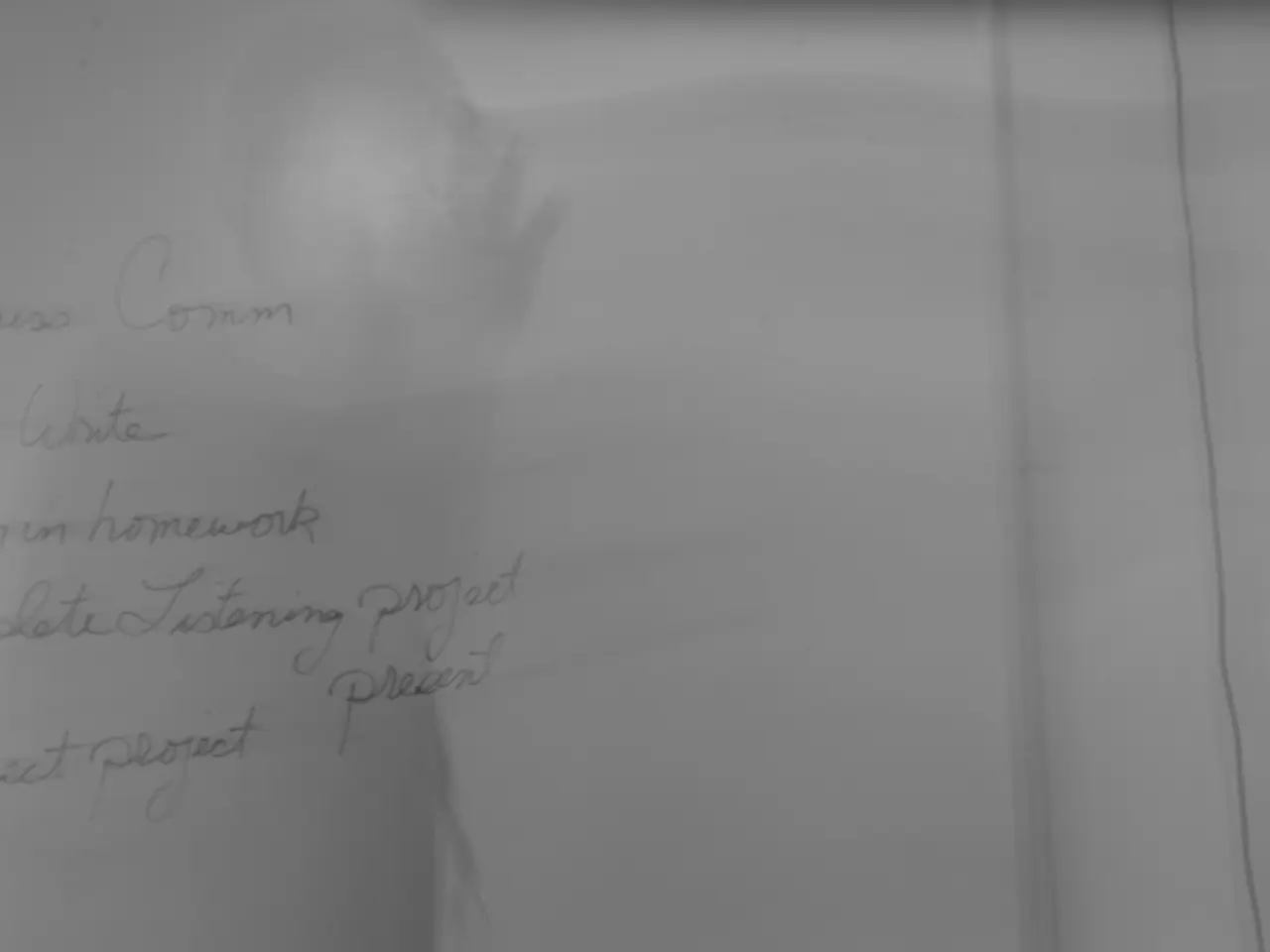Appellate Court annuls decision supporting prenuptial agreement, citing wife's concealed deceit in disclosures.
In a landmark ruling, the Court of Appeal has set a precedent for the validity of prenuptial agreements in England, emphasizing the importance of honesty and transparency. The case, Helliwell (respondent) v Entwistle (appellant), centres around the non-disclosure of significant assets by Jenny Helliwell before her marriage to Simon Entwistle.
The Court of Appeal allowed an appeal by Simon Entwistle, overturning a High Court decision that had upheld a prenuptial agreement. The court was critical of the High Court's treatment of the issue, characterizing the failure to disclose as one of deceit, not omission.
Jenny Helliwell had sent a 'copy and paste' email to Simon Entwistle proposing the omission of financial disclosure provisions or the waiver of legal advice on them before their wedding. This non-disclosure was found to amount to fraud, vitiating the prenuptial agreement.
The court remitted the matter to the High Court for a full re-evaluation of Mr Entwistle’s needs. This means that the parties’ financial claims will be reconsidered as if no prenuptial agreement existed, allowing the court to assess needs and division of assets afresh based on the circumstances of the marriage.
The ruling underscores the crucial principle that honesty and transparency are essential for prenuptial agreements to be enforceable. Attempts to conceal assets can leave the concealing party with less legal protection than if no agreement had been signed at all.
In this case, the undisclosed assets included shares in businesses and a 50% interest in Jenny Helliwell's mother's Wimbledon home, amounting to approximately GBP 47.8 million. The husband complied with the email, forwarding it to Jenny Helliwell's solicitors, depriving him of meaningful legal advice and undermining the integrity of the agreement.
Lady Justice King, who led the ruling, stressed that the court's conclusion should not be seen as undermining previous cases such as Radmacher v Granatino and Sharland v Sharland. However, it does establish that prenuptial agreements must be entered into with full and frank disclosure, or risk being set aside by the courts.
This ruling marks a rare appellate intervention in the context of prenuptial agreements. Deborah Bangay KC & Lydia Newman Saville represented the appellant, while the respondent was represented by Lord Faulks KC and Jennifer Palmer.
The prenuptial agreement, signed on the wedding day, was between Simon Entwistle and Jenny Helliwell. The agreement provided that each party would retain their own property and make no financial claims against the other. However, the court's decision underscores the potential risks of such arrangements when full disclosure is not made.
In summary, the Helliwell v Entwistle case sets a precedent in English family law that fraudulent concealment of assets before marriage can render a prenuptial agreement invalid, exposing the non-disclosing party to potentially less favorable financial orders upon divorce. This ruling underscores the importance of honesty and transparency in prenuptial agreements.
The Helliwell v Entwistle case highlights the importance of full and frank disclosure in the creation of prenuptial agreements, as failing to disclose significant assets can lead to the setting aside of such agreements. This case also underlines the role of wealth-management in prenuptial agreements, demonstrating that non-disclosure of substantial assets, such as shares in businesses and a 50% interest in a property, can have significant financial implications.




